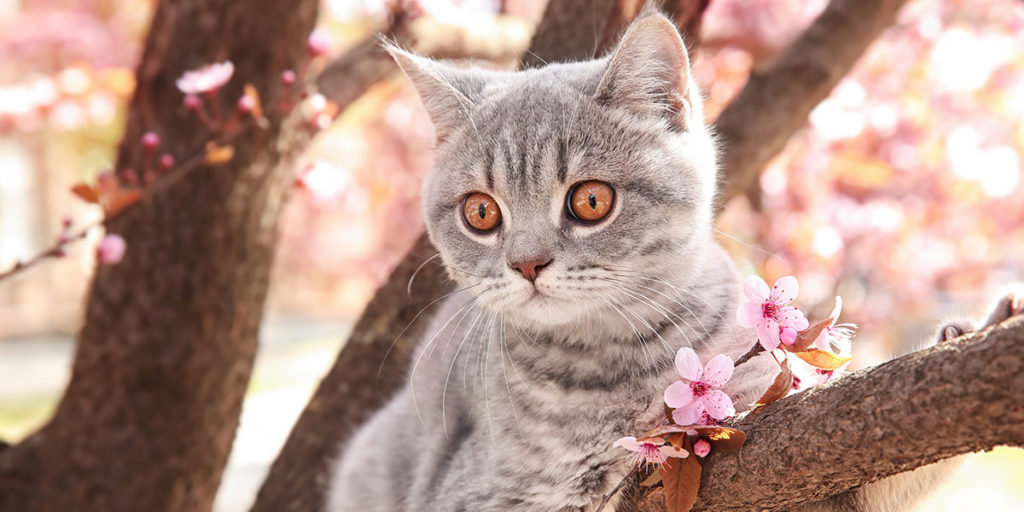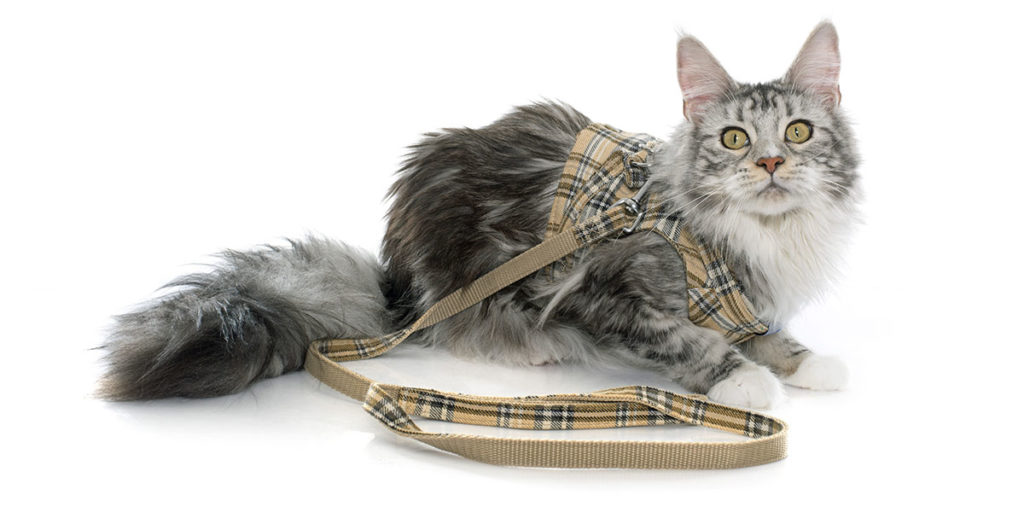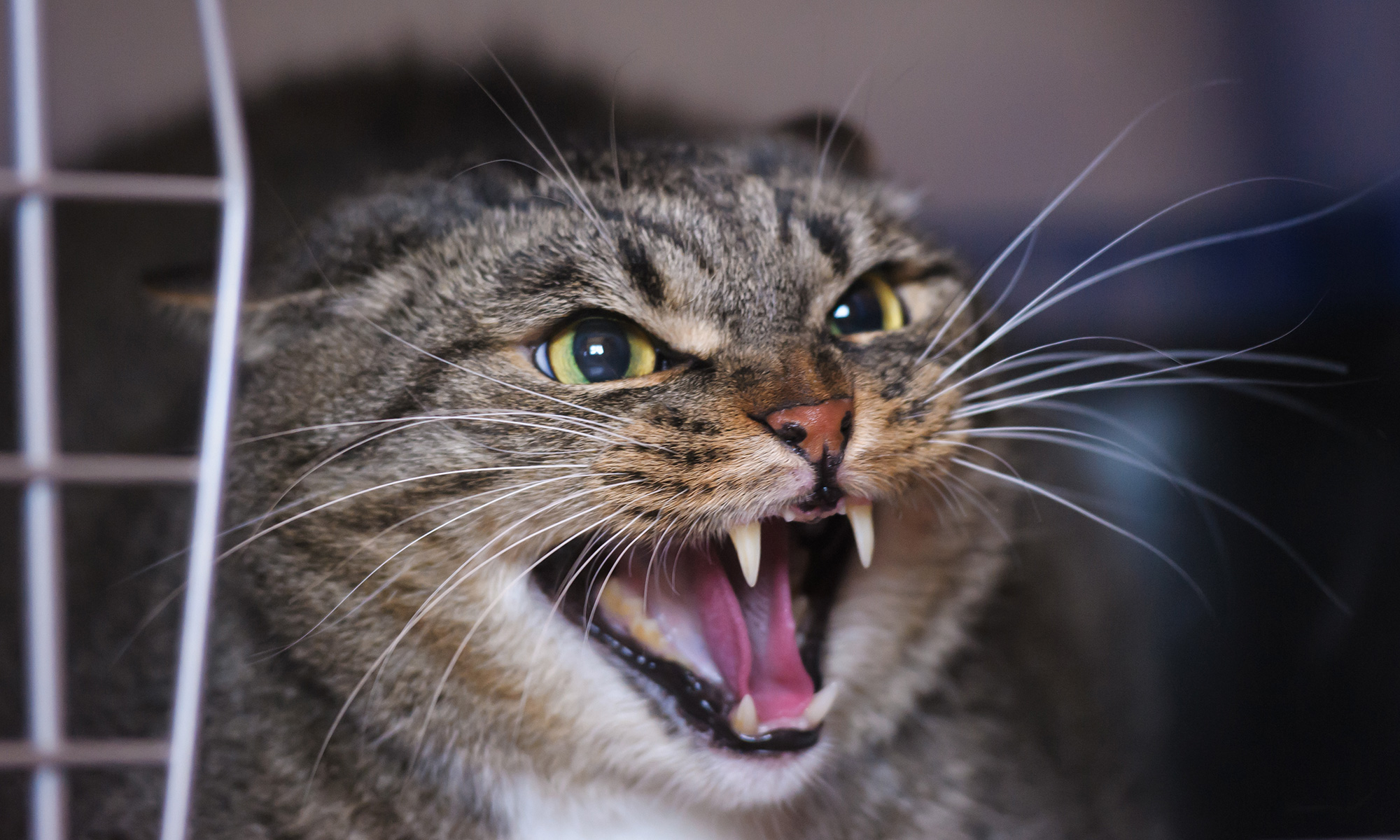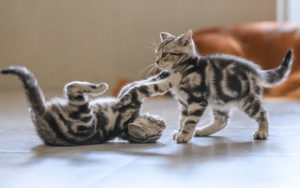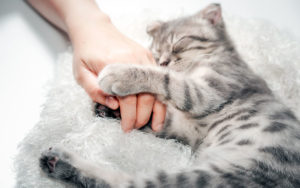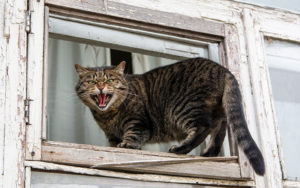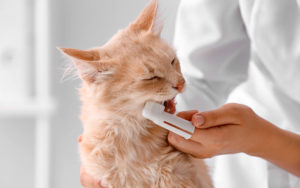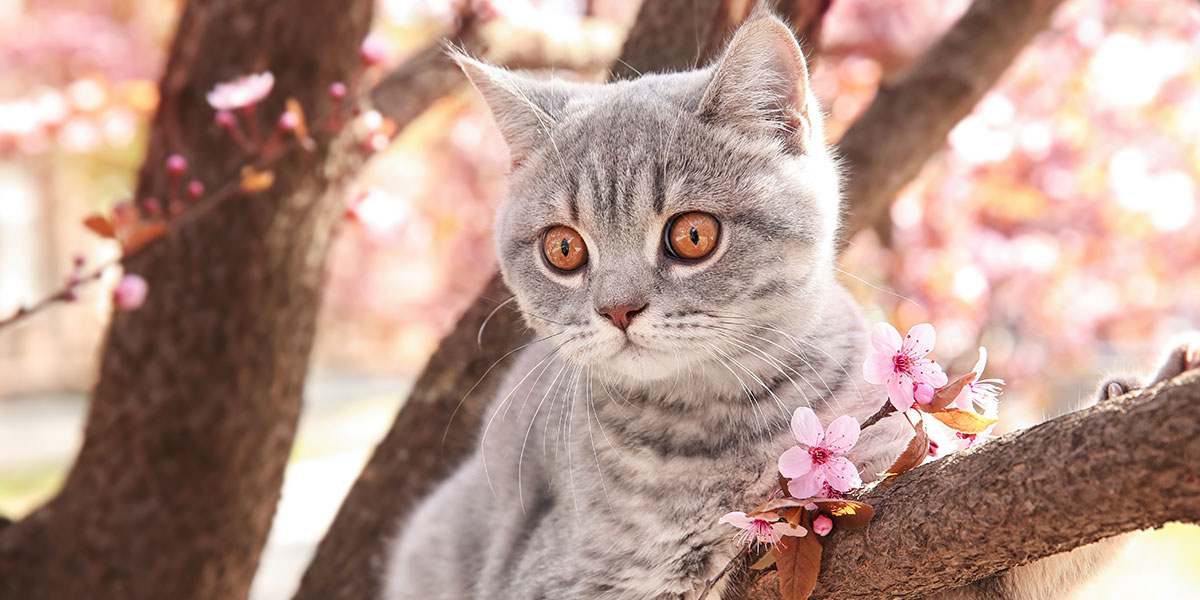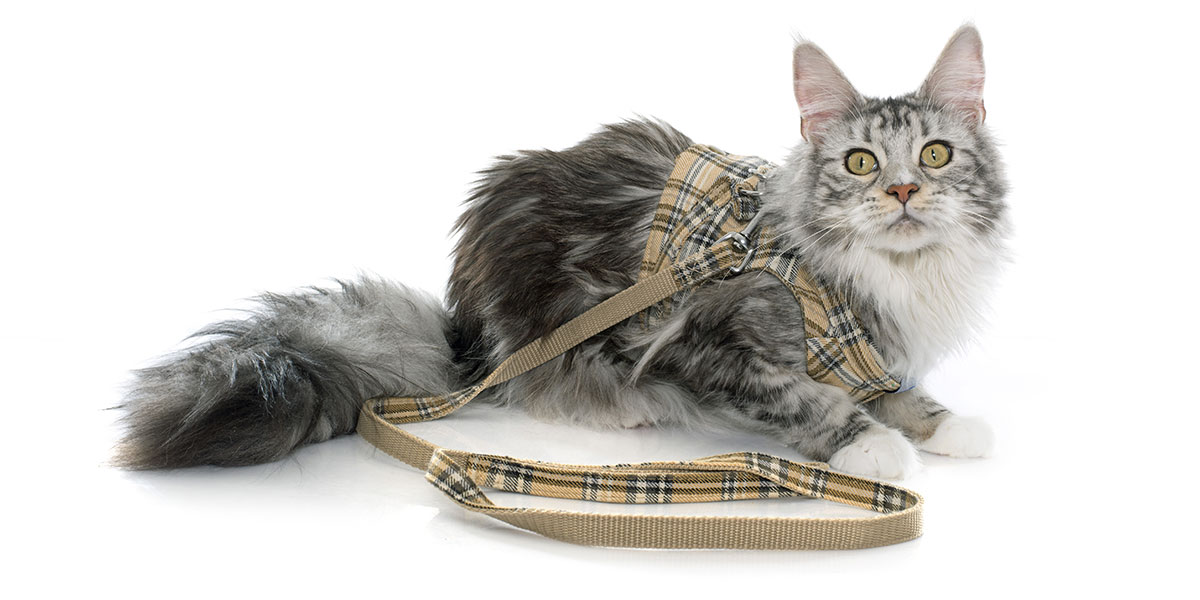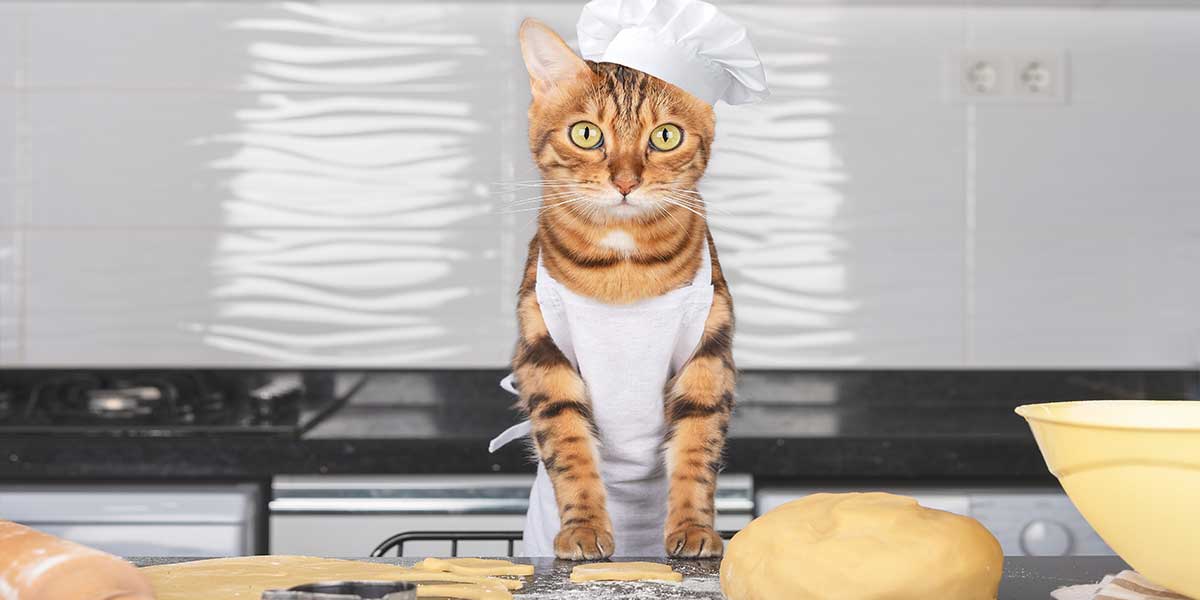How to Handle Aggressive Cat Behavior
There are many reasons for cat spats and instances of feline aggression in a home that can cause discord and sometimes serious problems. With patience and understanding, pet parents can help reduce such tension.
How do I get my cat to get along with my other cats?
It’s a common misconception that it’s okay to bring another cat into a household and “let them sort it out”. Not everyone working in the same office gets along. But they all get to go home at night; Cats don’t have that luxury! There are many reasons why cats in a household clash. Felines are very territorial creatures. There’s also a social hierarchy that exists. The backgrounds, social skills and personalities of the other cats impact too. If there’s a male cat, is he neutered? If not, this is a common cause of aggression. Start by observing their body language leading to an attack and noting what triggers aggression. It could be something as simple as a fight over food. Each cat needs its own bowl and if necessary, feed in different rooms. However, if you are unsure, the best thing to do is to separate the cats within the home and start from scratch with proper feline introductions. Have patience! Set one up in a room, fully equipping it with a litter box, bed, water and toys. And give the other cat/s the rest of the house. Make sure you and other family members spend time in both cat zones. This will get them to relax again. Exchange spaces for at least an hour a day. Also, start by feeding them on either side of the door so they can hear and smell but not see each other. It you can, place a flexi screen in the doorway, that will allow you to keep them separate but allow them to see each other from a distance. Also, take a clean pair of socks, wipe each cat around the face with a sock to pick up their scent then swop the socks and leave them lying around so that the cats discover each other’s smells. It’s also a good idea to place feline pheromone diffusers all around the house. They have a calming effect, reducing feline anxiety. When you allow the cats to be together again, monitor all interactions and limit the initial sessions. Don’t let them play together with one wand toy. Each gets their own and reward play sessions with treats. Lastly, one trick that works with reintroductions, daub vanilla essence on the necks of all the cats in the household so that they all smell the same. This has been known to work wonders and has the home smelling fabulous too!
How can I get my cat to be gentler with me and not bite or scratch so we can bond better?
Not knowing the age of your cat, it’s important to point out that kittens and teenage felines are very playful and enthusiastic and sometimes get carried away when they play. It happens with older cats too if they weren’t properly socialized when younger. If your cat is biting your fingers and scratching, the chances are you may be wiggling your fingers too much and her instinctive pounce and prey drive kicks in! Instead, play with a wand toy and always move the action away from you so she can’t inadvertently scratch. By monitoring her, you’ll be able to end the game before she gets too carried away. Also trim her nails regularly and reward good play sessions with treats. The same goes if your cat is lying in wait and pouncing at your ankles – you are a moving target. Carry the wand and change the game.
Do cats get more aggressive as they grow up?
When cats reach social maturity between the ages of two – four years, it can result in some inter-feline aggression. Watch their body language; there are always signs such as flat ears and a flicking tail to indicate there’s more to come. Never get between them. Rather shake a bottle of coins to distract. Having lots of vertical escape options such as cat trees and shelves is an excellent way of allowing them their space for a time-out.
Rule out Medical Issues
However, when faced with sudden uncharacteristic aggression at any age, the first thing to rule out is a possible medical issue. Book a full veterinary wellness check to identify internal or aging issues such as painful arthritis. Make sure it includes full dental too. Cats with a really bad toothache will understandably be very sensitive around the facial areas and can react aggressively when touched. From as young as three, cats get tooth decay called FORLS — Feline Oral Resorptive Lesions — the tooth decays from the inside outwards. Consequently, damage isn’t visible until it’s very advanced and irreversible, resulting in extraction. FORLS are said to be even more painful than human toothache because the decay attacks the nerve.
To read more about your cat’s habits and what you can do to help, check out the Skoon blog.
 | Sandy RobinsSandy Robins is one of the country’sleading multi-media celebrity pet lifestyle experts and influencers. Sandy documents the wonderful relationship that we have with our pets highlighting trends and innovative ideas as they happen. Her list of accomplishments include:
As a pet lifestyle behaviorist specialist, Sandy has joined the Skoon family to help cat lovers everywhere understand their cats’ behaviors and form a closer bond with their furbabies. |


